Metallurgical industry:
In the metallurgical industry, rubber lined pipelines are highly favored for their excellent corrosion resistance. Metallurgical processes often involve various highly corrosive media, such as acids, alkalis, salts, etc., which pose severe challenges to pipeline systems. Rubber lined pipelines, with their inner rubber layer, can effectively resist the erosion of these corrosive media, ensuring the long-term stable operation of the pipeline system. Rubber lined pipelines also have good wear resistance, which can cope with the erosion and wear of the pipeline by the medium during metallurgical processes, further extending the service life of the pipeline. Rubber lined pipelines play an irreplaceable role in key processes such as wastewater treatment, acid washing lines, and smelting furnaces in metallurgical plants.
Power industry:
In the power industry, the treatment of corrosive media such as desulfurization wastewater is an important step. These media contain a large amount of corrosive components such as sulfates and chlorides, which pose a great threat to pipeline systems. Rubber lined pipelines, with their excellent corrosion resistance, can easily cope with these challenges. The rubber layer lining can effectively isolate the contact between corrosive media and the metal substrate of the pipeline, thereby avoiding the occurrence of corrosion reactions. Rubber lined pipelines also have good temperature resistance and can maintain stable performance in high temperature environments, ensuring the safe transportation of corrosive media such as desulfurization wastewater in the power industry.
Chemical industry:
In the chemical industry, the application of rubber lined pipelines is more extensive and in-depth. Chemical media often have complex chemical properties and strong corrosiveness, which require extremely high standards for pipeline systems. Rubber lined pipelines, with their unique structure and material properties, can meet these stringent requirements. The rubber layer of its lining has excellent chemical stability and corrosion resistance, which can resist the erosion of various chemical media. Rubber lined pipelines also have good mechanical and wear resistance, and can withstand the erosion and wear of chemical media on pipelines. Rubber lined pipelines play a crucial role in key processes such as raw material transportation, reaction vessels, and storage tanks in chemical plants.
Oil industry:
The application of rubber lined pipelines in the petroleum industry cannot be ignored. Crude oil, natural gas and other media may contain corrosive components such as hydrogen sulfide and carbon dioxide, posing a potential threat to pipeline systems. Rubber lined pipelines, with their excellent corrosion resistance and wear resistance, can ensure the safe transportation of these media. The rubber layer lining can effectively isolate the contact between corrosive media and the metal substrate of the pipeline, thereby avoiding the occurrence of corrosion reactions. Rubber lined pipelines also have good sealing performance and high pressure resistance, which can ensure safety and stability during oil transportation. Rubber lined pipelines play an important role in oil extraction, refining, transportation, and other processes.
Coal industry:
In the coal industry, rubber lined pipelines have also demonstrated their excellent corrosion resistance. Coal slurry, coal powder and other media have serious wear and corrosion on pipelines, and rubber lined pipelines can meet this demand due to their excellent wear resistance and corrosion resistance. The rubber layer of its lining has good elasticity and wear resistance, which can cope with the erosion and wear of coal slurry, coal powder and other media on the pipeline. At the same time, rubber lined pipelines also have good temperature resistance and corrosion resistance, and can maintain stable performance in harsh environments such as high temperature and high humidity. Rubber lined pipelines play an irreplaceable role in coal slurry transportation, washing, dewatering and other processes in the coal industry.
Cement industry:
In the cement industry, rubber lined pipelines are also widely used. Cement slurry and other media cause severe wear and corrosion to pipelines, and traditional metal pipelines often struggle to meet this demand. Rubber lined pipelines, with their unique structure and material properties, can easily meet these challenges. The rubber layer of its lining has good wear resistance and corrosion resistance, and can resist the erosion of media such as cement slurry. At the same time, rubber lined pipelines also have good temperature resistance and sealing performance, and can maintain stable performance in harsh environments such as high temperature and high pressure. Rubber lined pipelines play an important role in raw material transportation, mill export, and cement slurry transportation in the cement industry.


 English
English русский
русский عربى
عربى

.jpg)
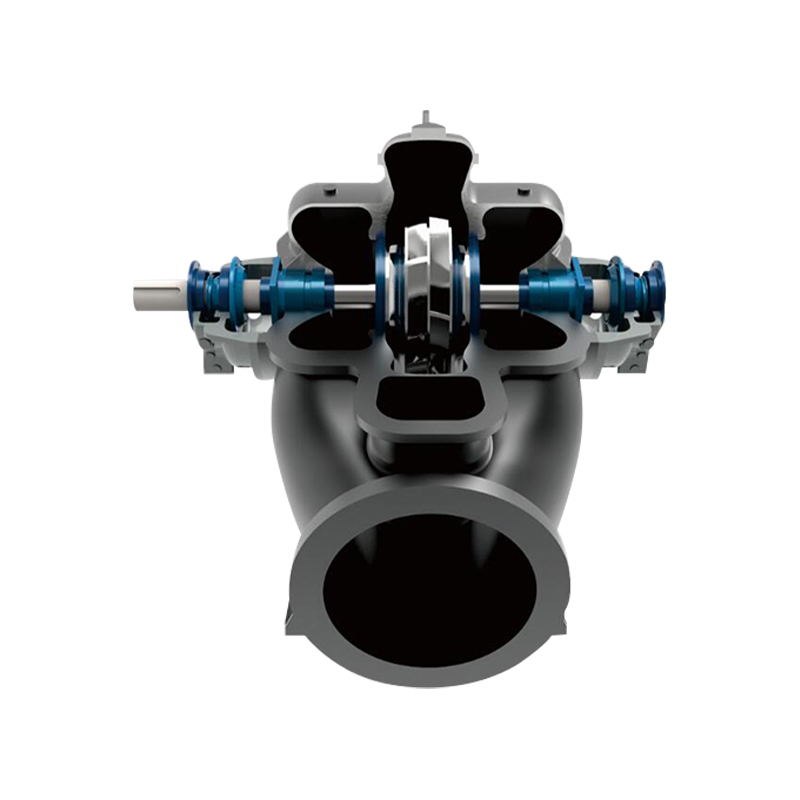
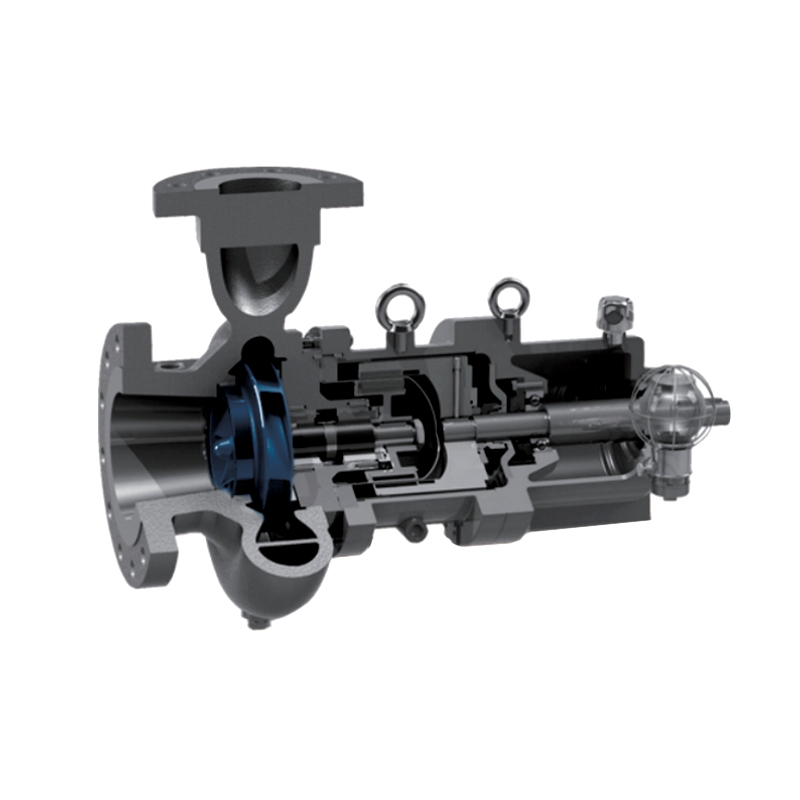
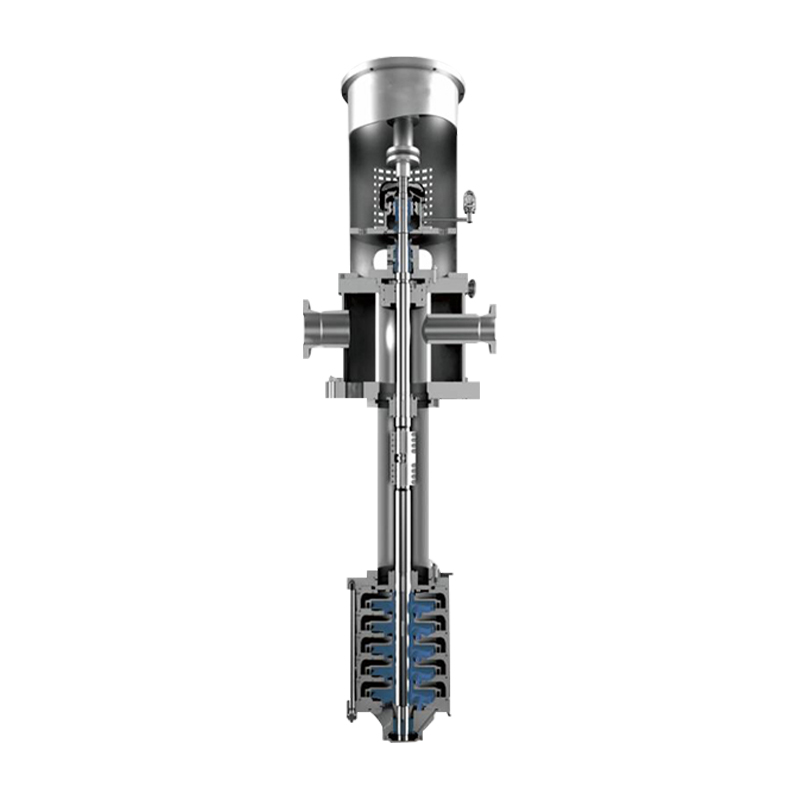
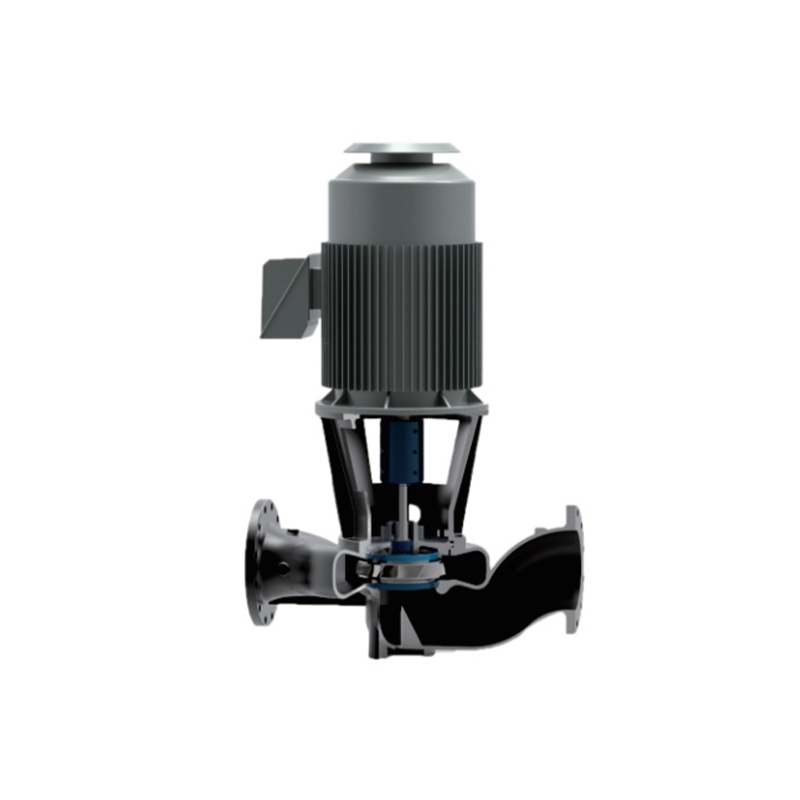

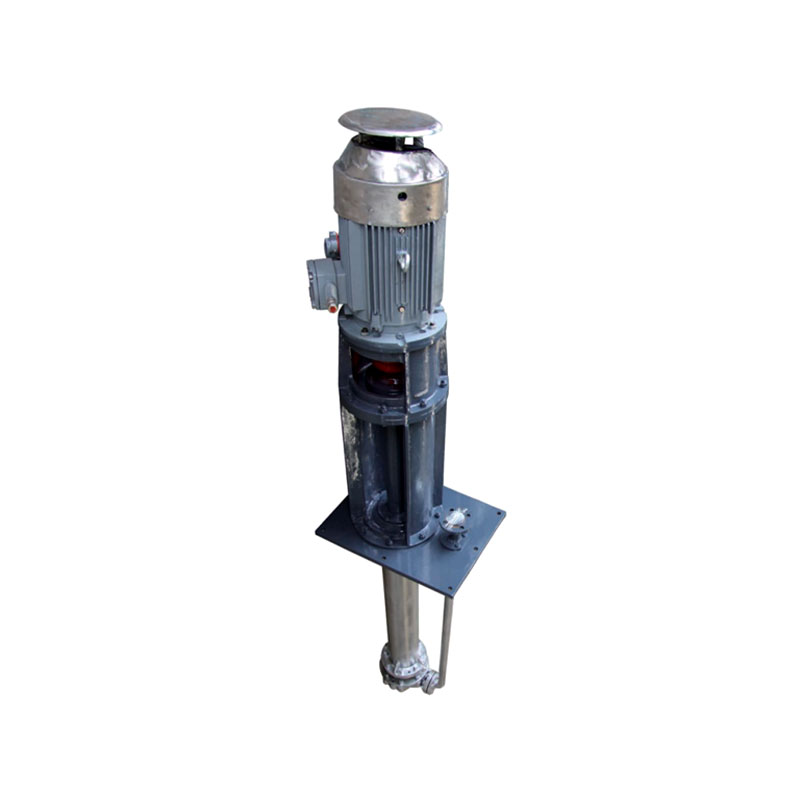
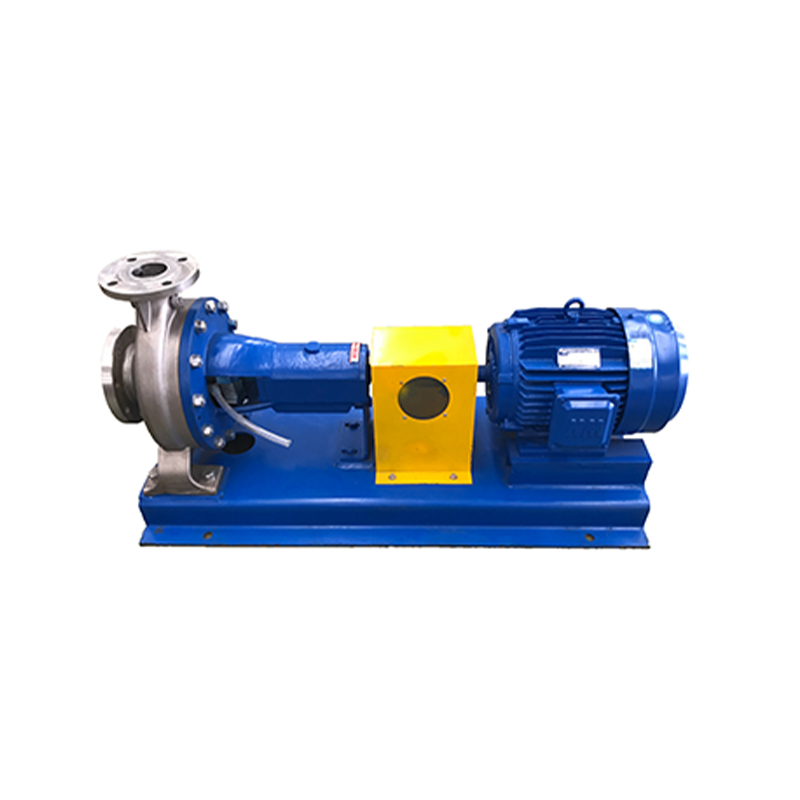

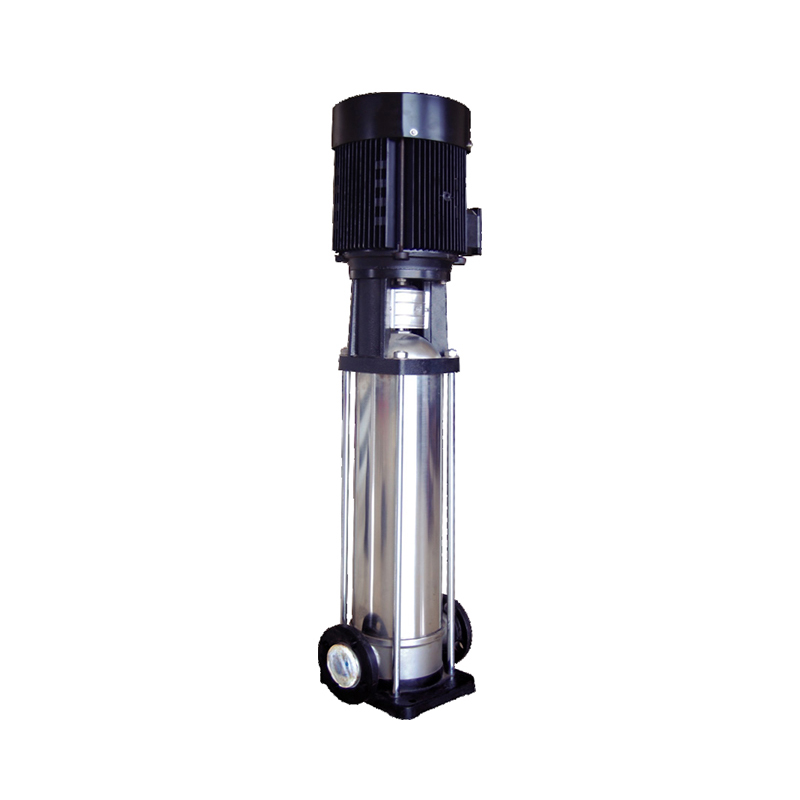






 ENG
ENG

 TOP
TOP